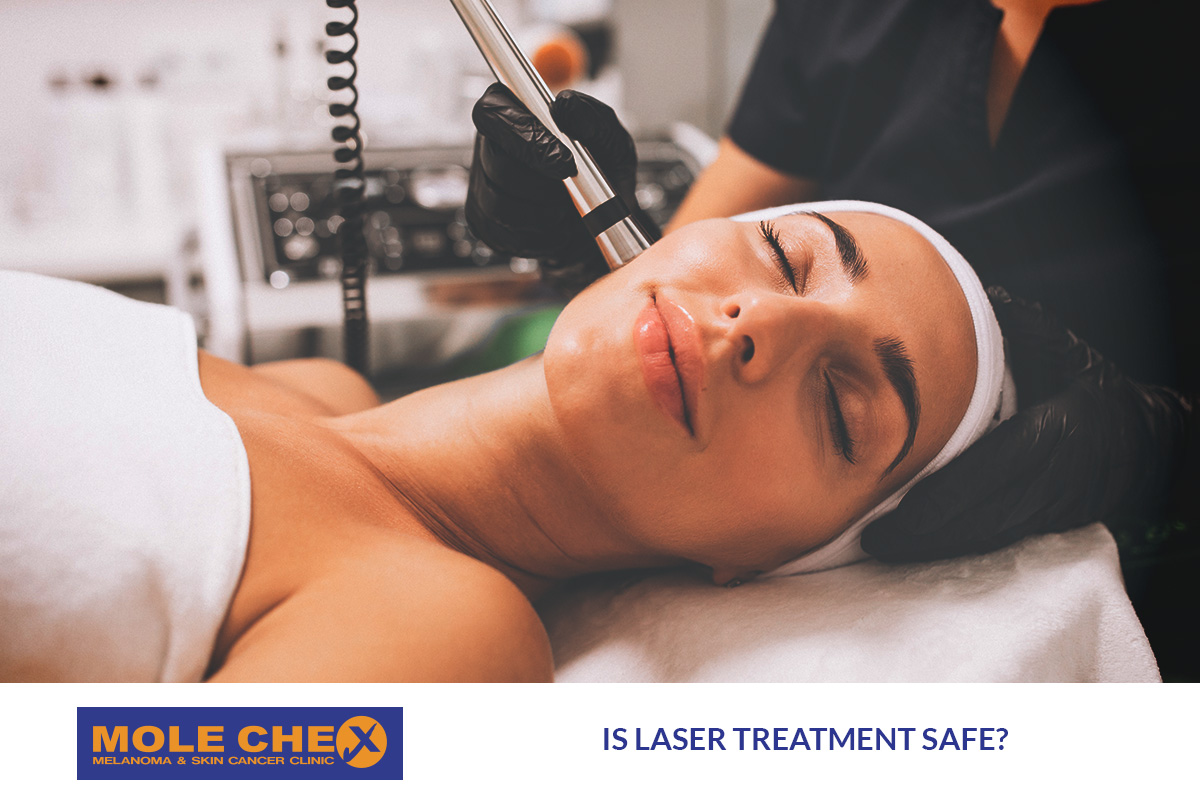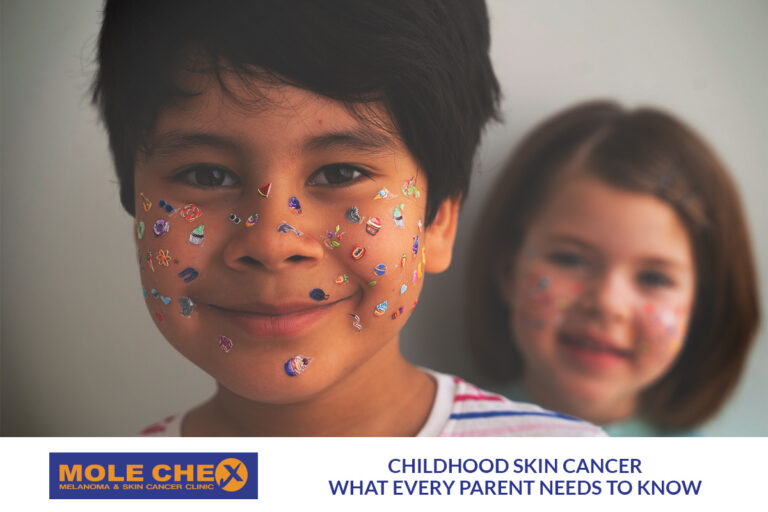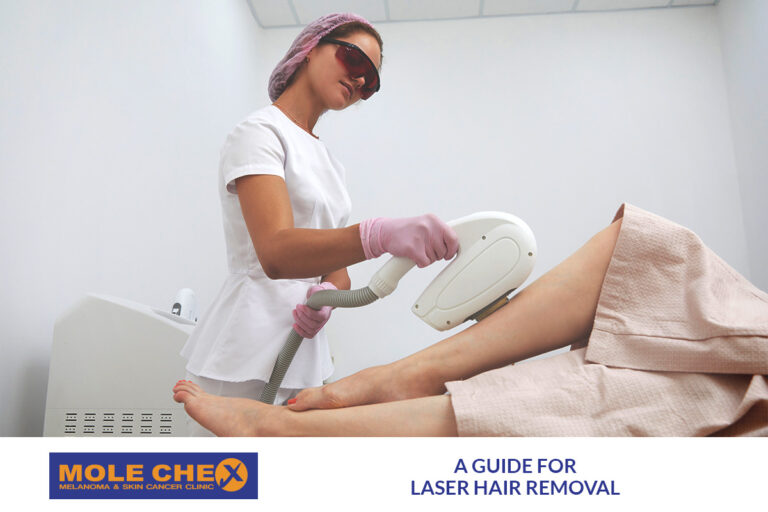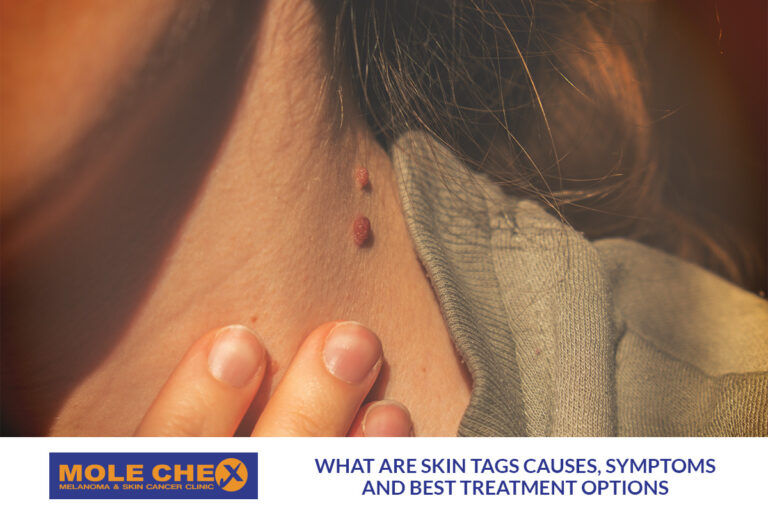Is Laser Treatment Safe? A Guide to Understand the Risks and Benefits

Laser treatments have become one of the most popular methods for improving skin health, addressing scars, reducing wrinkles, and treating other skin concerns. From cosmetic procedures like laser skin resurfacing to medical treatments for conditions such as skin cancer or acne scars, laser technology has advanced significantly over the years. However, many people still wonder: Is laser treatment safe?
What is Laser Treatment?
Laser treatment involves using focused beams of light (laser) to target specific areas of the skin. These beams can remove damaged skin cells, stimulate collagen production, or target pigmentation and blood vessels. There are two main types of laser treatments: ablative and non-ablative.
- Ablative Lasers: These are more aggressive lasers that remove the outer layers of skin, stimulating the body’s natural healing process to create fresh, new skin. People commonly use them for deeper skin concerns like scars, wrinkles, and sun damage.
- Non-Ablative Lasers: These lasers are less invasive and work by heating the underlying skin tissue without damaging the surface. Non-ablative lasers are often used for improving skin texture, mild scarring, and pigmentation issues.
Both types of lasers are used in a variety of treatments, from facial rejuvenation to scar reduction. But the real question remains: how safe are they?
Is Laser Treatment Safe?
In general, laser treatments are safe when performed by qualified and experienced professionals. However, like any medical or cosmetic procedure, they come with certain risks. The safety of laser treatment depends on several factors, including the type of laser used, the condition being treated, and the patient’s skin type.
Qualified Practitioners Are Key
The safety of laser treatments largely depends on who is performing the procedure. Qualified dermatologists, cosmetic surgeons, and trained professionals understand how to adjust laser settings to suit individual skin types and conditions. This reduces the risk of burns, pigmentation changes, or scarring. At Molechex, our skin care specialists and GPs customize every laser treatment to meet each patient’s specific needs, ensuring maximum safety and effectiveness.
Laser Type and Skin Sensitivity
Different lasers are designed to treat different skin issues. For example, some lasers are better suited for lighter skin tones, while others can safely treat darker skin without causing hyperpigmentation. It is essential to have an initial consultation with a professional to assess your skin type and determine which laser is appropriate for you.
At Molechex, we ensure our patients are carefully evaluated to minimise any potential side effects and to recommend the safest treatment options available.
Possible Side Effects
While laser treatments are considered safe, there are some potential side affects you should be aware of, such as:
- Redness and Swelling: It is common to experience mild redness and swelling immediately after the treatment. These usually subside within a few days.
- Pigmentation Changes: Some patients may experience temporary changes in skin pigmentation, such as lightening (hypopigmentation) or darkening (hyperpigmentation). This is more common in individuals with darker skin tones or those with excessive sun exposure after the treatment.
- Scarring and Burns: Although rare, improper laser settings or inexperienced practitioners can lead to burns or scarring.
These risks are minimised when treatments are performed by qualified professionals using the right type of laser for your skin and condition. Following pre- and post-treatment care instructions also plays a crucial role in reducing complications.
Benefits of Laser Treatments
Despite the risks, the benefits of laser treatments are extensive. When performed correctly, laser procedures can improve skin texture, treat problematic scars, and even address early signs of ageing. Here are some of the key advantages of laser treatments:
Precise Treatment
Lasers allow for precise targeting of specific areas of the skin without damaging the surrounding tissue. This makes them particularly effective for treating scars, fine lines, and hyperpigmentation.
Non-Invasive Options
Many non-ablative laser treatments are non-invasive, meaning you can achieve significant improvements without downtime or recovery. Non-invasive treatments are perfect for those with busy schedules who want to improve their skin without taking time off for recovery.
Versatility
Laser treatments can address a wide range of skin concerns, from acne scars and wrinkles to sun damage and uneven skin tone. Some lasers can even be used to treat deeper medical issues like removing precancerous skin lesions.
What to Expect Before, During, and After a Laser Treatment
Understanding what happens before, during, and after a laser treatment is essential to ensure a positive experience and the best possible results.
Before the Procedure
Before undergoing laser treatment, you will need to have a consultation with a qualified practitioner. This is your opportunity to discuss your skin concerns, expectations, and medical history. The practitioner will assess your skin and recommend the most appropriate type of laser treatment. It is also important to avoid sun exposure, tanning beds, and certain skincare products (like retinoid) in the weeks leading up to the treatment.
During the Procedure
Depending on the type of laser treatment you are receiving, the session can last anywhere from 30 minutes to a couple of hours. Non-ablative treatments are generally quicker and involve minimal discomfort, while ablative treatments may require a local anaesthetic or numbing cream to reduce any discomfort. During the procedure, you will wear protective eyewear to shield your eyes from the laser light.
After the Procedure
Post-treatment care is critical for a successful recovery. Immediately after the procedure, your skin may be red and swollen, similar to a mild sunburn. You will need to follow specific aftercare instructions, including using a gentle cleanser, applying a soothing moisturiser, and avoiding direct sun exposure. Most patients can resume their normal activities within a few days, but full recovery for more intensive treatments may take a week or longer.
How Molechex Ensures Safe Laser Treatments
At Molechex, patient safety is our top priority. Our experienced team of skin care professionals and GPs are trained in the latest laser technologies and techniques. We offer a wide range of laser treatments, from cosmetic skin rejuvenation to medical treatments for skin conditions like scarring and pigmentation. Every treatment is tailored to the individual, ensuring the safest and most effective outcome for your skin.
Conclusion: Is Laser Treatment Safe?
In conclusion, qualified professionals ensure laser treatments are safe by selecting the right type of laser for your skin and condition. Although there are potential risks, such as temporary redness, pigmentation changes, and rare cases of scarring, you can minimize these with proper pre- and post-care. Laser treatments offer significant benefits for those looking to improve their skin’s texture, tone, and overall health.
At Molechex, we prioritise safety and individualised care, ensuring that every laser treatment is both safe and effective for our patients. If you are considering laser treatment and want to learn more about the options available, our expert team is here to help guide you through the process for optimal results.
For a consultation or more information on laser treatments, visit our clinic and see how we can help your skin look its best.
Learn more by reading other articles :



